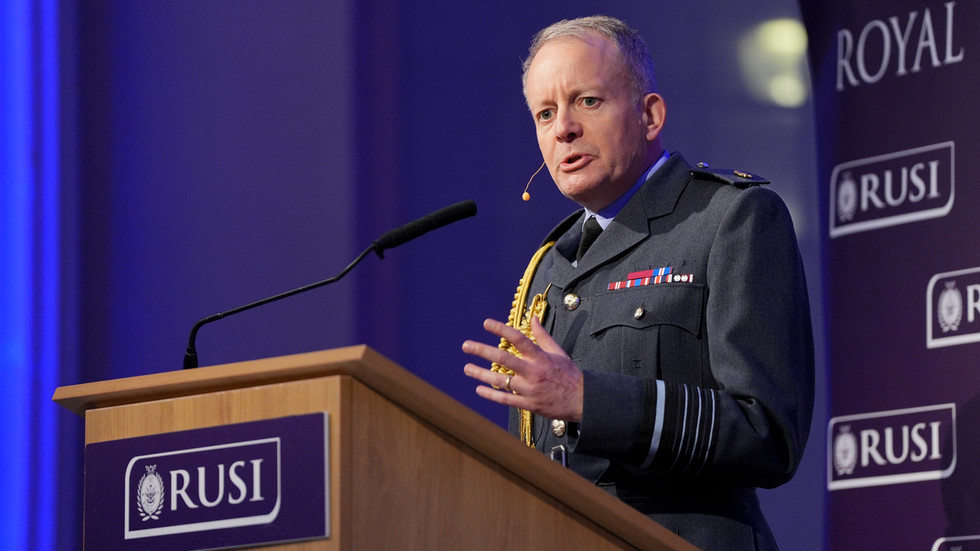The Centre for Social Justice (CSJ) has called on the Nigerian Federal Government to take necessary actions to avert the indefinite industrial strike proposed by the Nigeria Labour Congress (NLC) and Trade Union Congress (TUC) in the interest of the public.
On Wednesday, the CSJ, a non-governmental organization, issued a statement signed by its Lead Director, Eze Onyekpere, emphasizing that the strike scheduled for October 2 could have been avoided through more compassionate and considerate engagement by the government during the post-petrol subsidy removal negotiations.
While acknowledging the significance of President Bola Tinubu’s policy reforms, particularly the removal of fuel subsidies and the floatation of the Naira, Onyekpere pointed out that President Tinubu missed an opportunity to garner widespread support for these reforms by not adequately addressing the resulting hardships.
“President Bola Ahmed Tinubu missed an opportunity to gain widespread support for his two main policy reforms – the fuel subsidy removal and the floatation of the Naira – by not adequately addressing the hardships that followed these policy pronouncements,” said Onyekpere.
He further added, “The expectation was that President Tinubu would announce corresponding relief programs alongside these policies, and these programs should have been implemented either simultaneously or immediately after making the policy and reform declarations. Unfortunately, this has not been the case.”
Highlighting the unresolved issue of the proposed salary increase for workers, Onyekpere noted that it has been pending for three months now. This is a stark contrast to countries like Algeria, South Africa, and Morocco, where minimum wages are significantly higher.
In light of the concerns raised by the NLC, CSJ argued that the government-appointed committee responsible for negotiating cushioning measures for workers has either deliberately delayed or neglected to initiate negotiations.
The CSJ further contended that assigning the Minister of Labour as the chief negotiator in financial matters is misplaced. It suggested that high-level discussions involving important financial and political decisions should be chaired by the President, Vice President, or in their absence, the Secretary to the Government of the Federation (SGF). The team should also include the Minister of Finance, Budget, and National Planning, as well as Labour.
CSJ emphasized that the Minister of Finance is best positioned to present the government’s financial standing to labour representatives and recommend decisions such as wage increases based on affordability.
Additionally, CSJ stated that the Federal Government should have taken swift action to combat oil theft and prosecute those involved in subsidy fraud, as revealed in recent reports by the Nigeria Extractive Industries Transparency Initiative (NEITI) and previous reports from the Auditor General for the Federation.
In conclusion, CSJ called upon the Federal Government to engage in a meaningful dialogue with the NLC/TUC to resolve the proposed strike and implement measures to mitigate the impact of recent policy reforms on the Nigerian population.
![regina daniels threatens lawsuit over drug accusations Regina Daniels threatens lawsuit against Ned Nwoko after testing negative for drugs [VIDEO]](https://mediatalkafrica.com/wp-content/uploads/2026/01/xRegina-Daniels-threatens-lawsuit-over-drug-accusations.jpg.pagespeed.ic.fs1v283sUk.webp)


